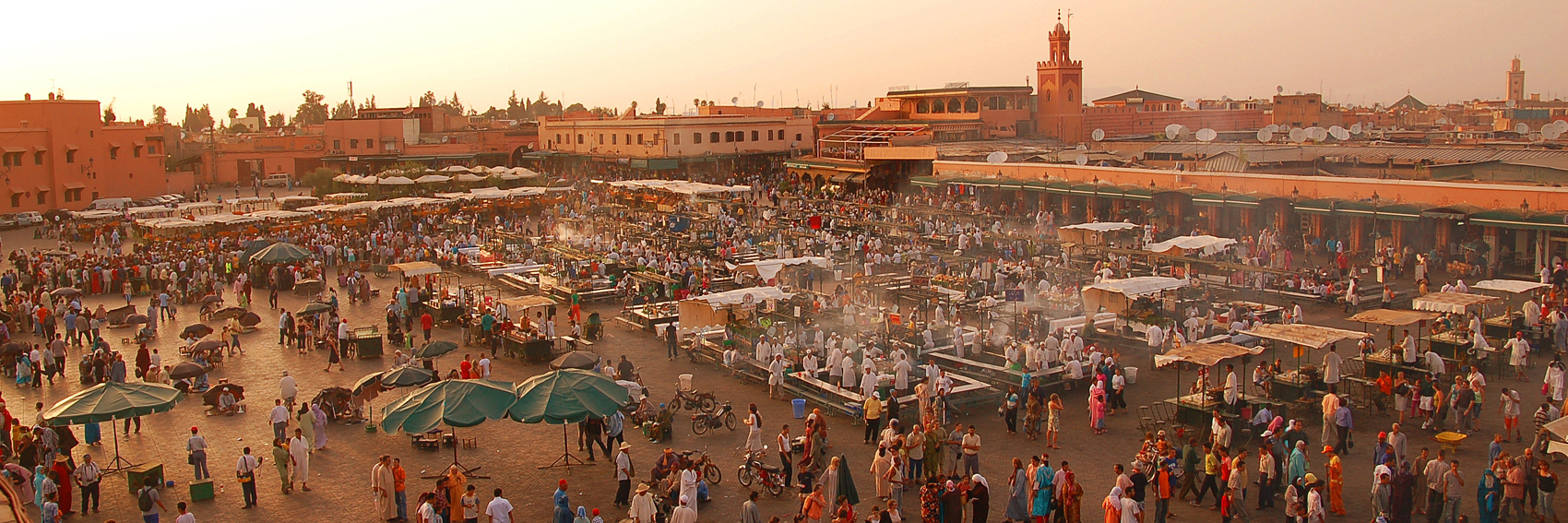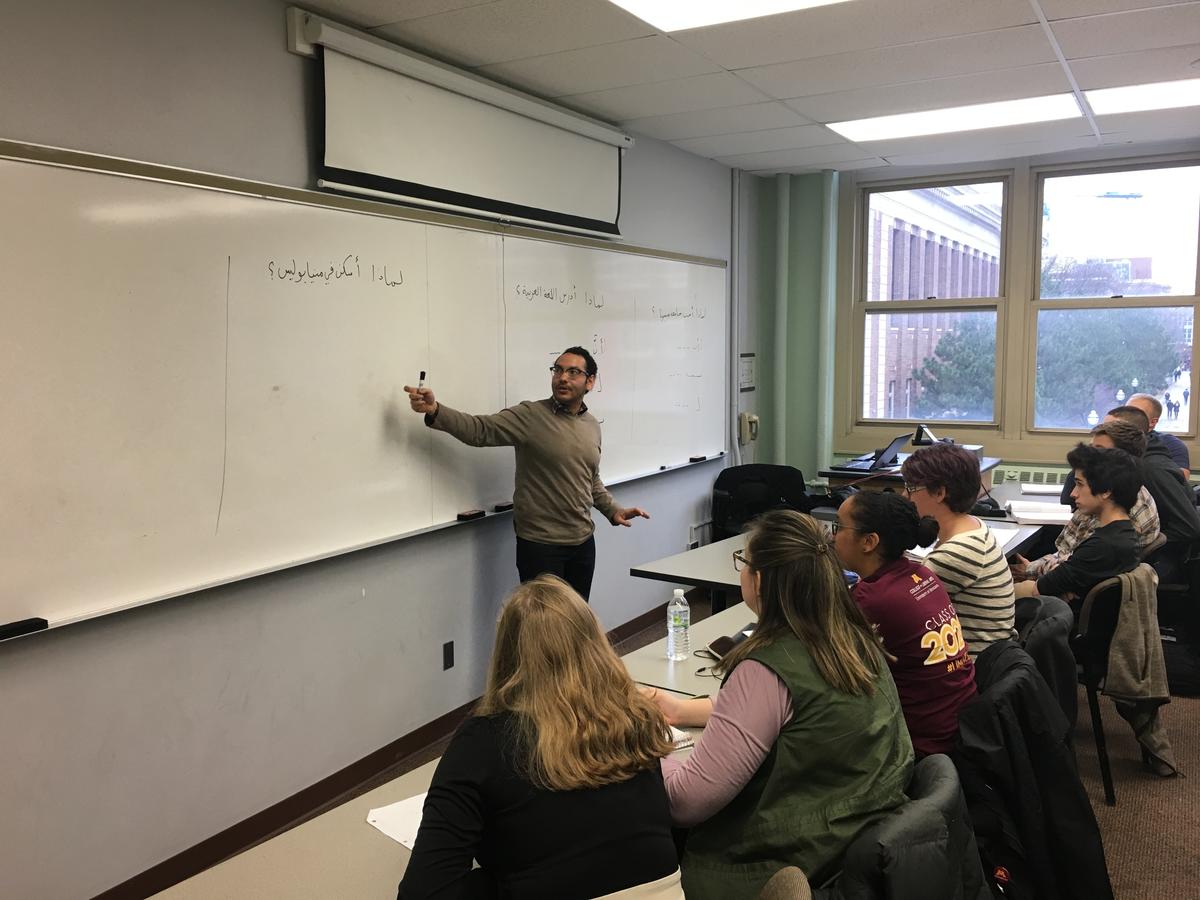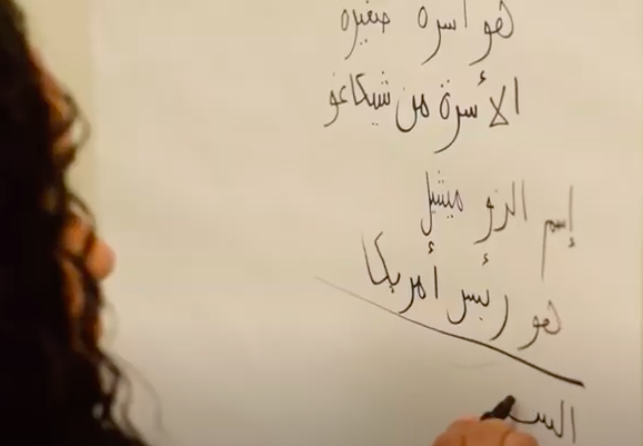
Courses
We will be offering all 2024 Summer Arabic courses in person.
Complete an entire year of Arabic study in only ten weeks by taking either ARAB 1101 and 1102, or 3101 and 3102.
ARAB 1101 - Beginning Arabic I
After learning the Arabic script, you will develop your ability to communicate in Arabic about yourself, your community, and your environment. You will learn to speak, write, read, and listen to meet the demands of daily life. You will learn to inquire about others and negotiate meaning with them, and to interpret concise print, oral, and digital texts. You will also begin to explore the rich cultural diversity of the Arab world. This class is taught following a communicative and interactive approach and is focused on practice. It equates a full semester of Arabic and includes practice of both Modern Standard Arabic and a dialect.
Meeting Days and Times: MTWRF, 9:05 am - 12:20 pm, June 3 - July 5 (five weeks, five credits)
Prerequisites: none
ARAB 1102 - Beginning Arabic II
This class is the continuation of ARAB-1101. You practice communicating in Arabic in past, present and future to meet the demands of daily life. Topics include pastimes, schedules, lifestyles, travel, planning for the future, and more. By the end of the class, you will be an Intermediate-level Arabic user. This course equates a full semester of Arabic and includes practice of both Modern Standard Arabic and a dialect.
Meeting Days and Times: MTWRF, 9:05 am - 12:05 pm, July 8 - August 9 (five weeks, five credits)
Prerequisites: ARAB 1101/4101 or placement test
ARAB 3101 - Intermediate Arabic I
In Intermediate Arabic you learn to communicate in a more sustained fashion and tackle more complex topics, authentic print/digital texts, and grammar. Conversations, written pieces and presentations in this practice-oriented course become lengthier and more intricate. This course equates a full semester of Arabic and includes practice of both Modern Standard Arabic and a dialect.
Meeting Days and Times: MTWRF, 9:05 am - 12:20 pm, June 3 - July 5 (five weeks, five credits)
Prerequisites: ARAB 1102/4102 or placement test
ARAB 3102 - Intermediate Arabic II
In Intermediate Arabic II, your language use in conversation, written pieces, and presentations continues to increase in accuracy and complexity. Topics in this course move beyond those of the personal sphere to include immigration, a variety of cultural practices, the media, and education systems. This course equates a full semester of Arabic and includes practice of both Modern Standard Arabic and a dialect.
Meeting Days and Times: MTWRF, 9:05 am - 12:05 pm, July 8 - August 9 (five weeks, five credits)
Prerequisites: ARAB 3101/4121 or placement test
ARAB 3201 - Arabic Calligraphy
In this one-credit course, you will study the history of Arabic calligraphy and explore various calligraphic styles. You will learn about the work of well-known Arab calligraphers, and about the ways in which visual artists from the Arab world have incorporated calligraphy into their work. Topics we will discuss include the Thuluth script; the Diwani script; the Kufic script; the Ruq‘a script; famous calligraphers through time; calligraphy during the early Islamic era; calligraphy during the Umayyad and Abbasid era; calligraphy during the Ottoman era; street calligraphy; and digital calligraphy. Additionally, you will practice creating your own calligraphic work under the guidance of your instructor.
Meeting Days and Times: four Wednesday evenings, June 5 through July 3, 5:15 - 8:20 pm
Who Will Be My Instructor?
Our summer courses are taught by our regular, full-time teaching staff, all of whom have extensive experience in the field of Teaching Arabic as a World Language. Our areas of expertise include world language pedagogy; Arabic linguistics; Arabic literature and poetry; various forms of colloquial Arabic (Egyptian, Jordanian, and Gulf Arabic); and Arabic calligraphy. Our Arabic instructors go the extra mile to make themselves available to students for extra help after class, and organize and participate in our cultural events. Find more about us here.
The Arabic Program maintains a vibrant schedule of cultural programming throughout the academic year and in summer. Our cultural events are open to our Arabic students and the general public. At our weekly Arabic conversation table, students of all levels can practice conversation in fusha (Standard Arabic) as well as Arabic colloquials. In addition, our extra-curricular events for summer include Arabic film screenings and Arabic dialect and calligraphy workshops.
An Additional Summer Program Benefit
To register for ARAB 1102/4102; ARAB 3101/4121; or ARAB 3102/4122, you either need to have successfully completed the prerequisite course for these courses, or pass an Arabic placement test. Details about placement testing will become available in February 2024. Email [email protected] with questions about the placement test or to schedule a test appointment.
How to Register
UMN students register for summer in the same manner they register for any other semester, and can do so starting on February 22.
Non-UMN students, including high school students, register as "non-degree seeking students." Follow these steps to complete your registration as a non-degree-seeking student. Non-UMN students can register starting on February 29.
Have Questions?

